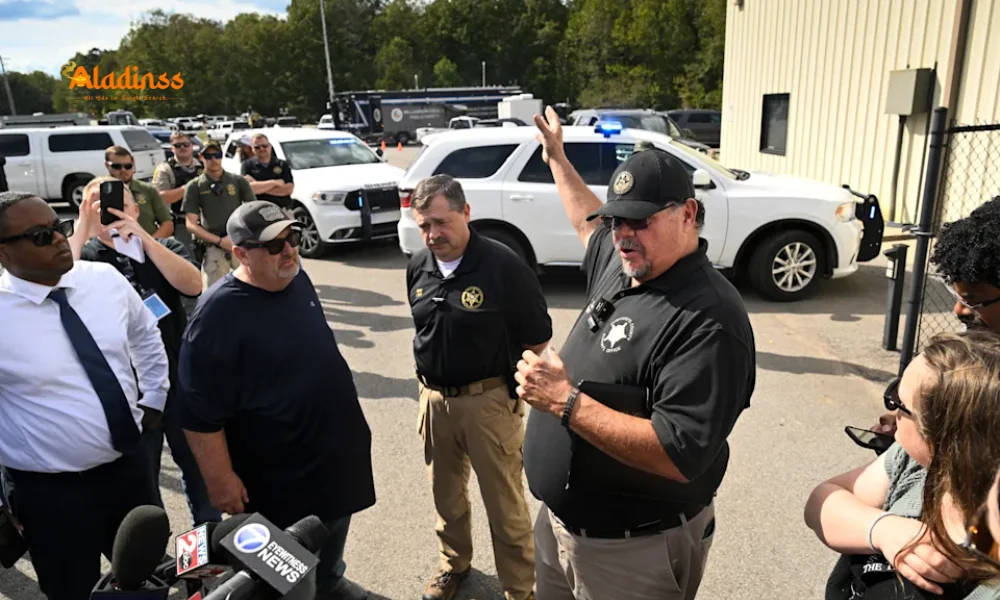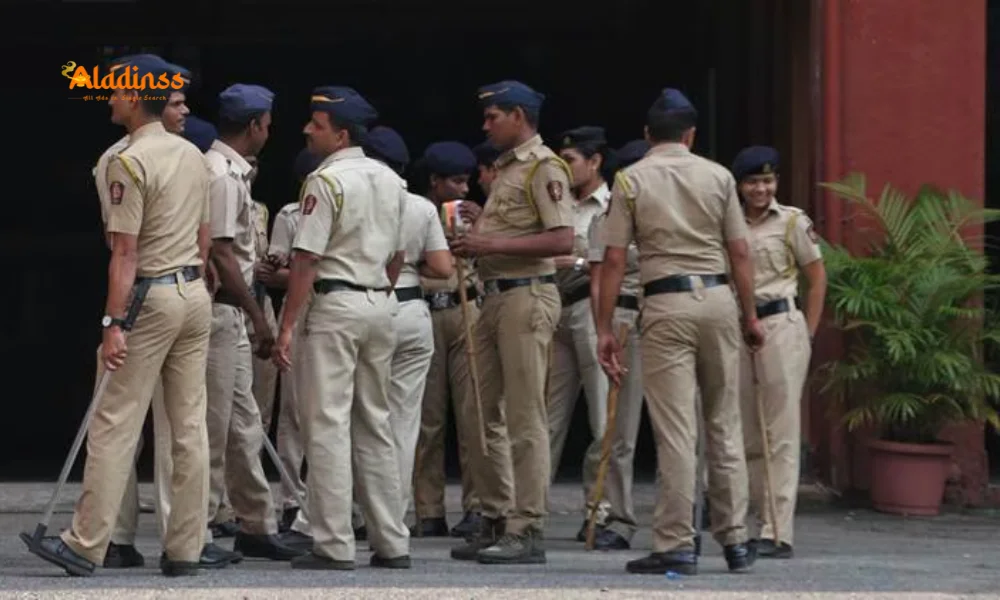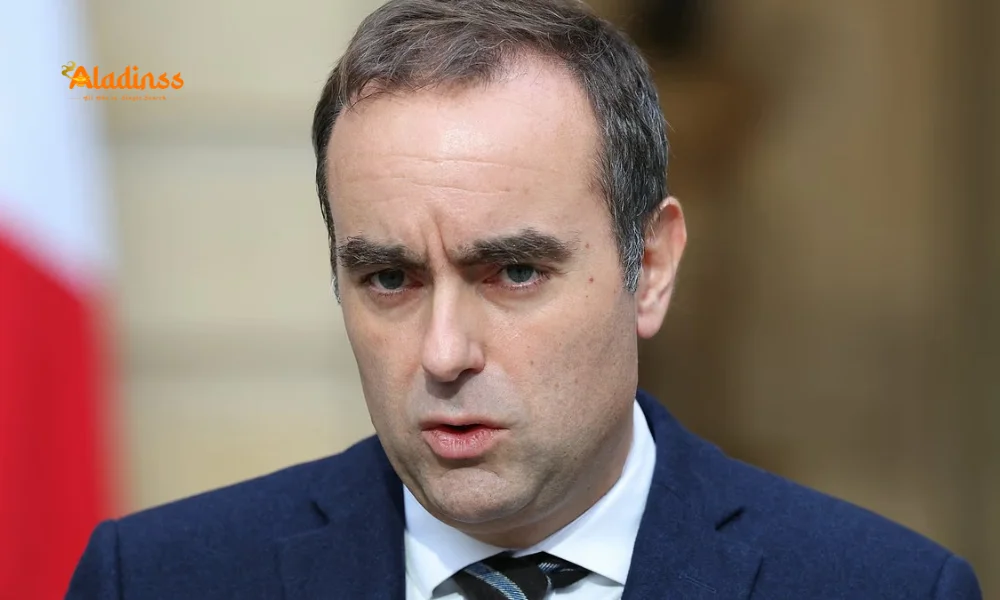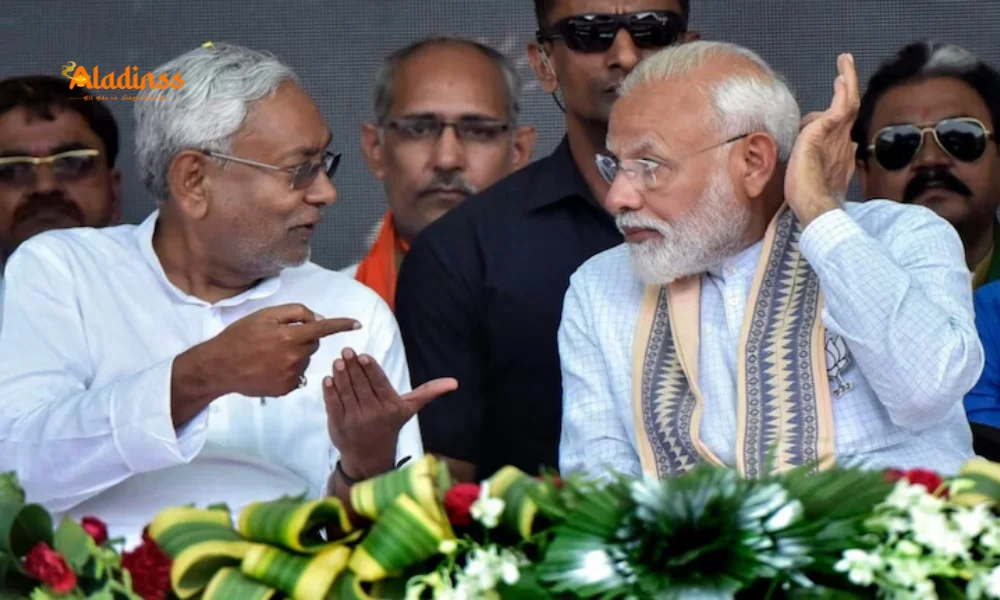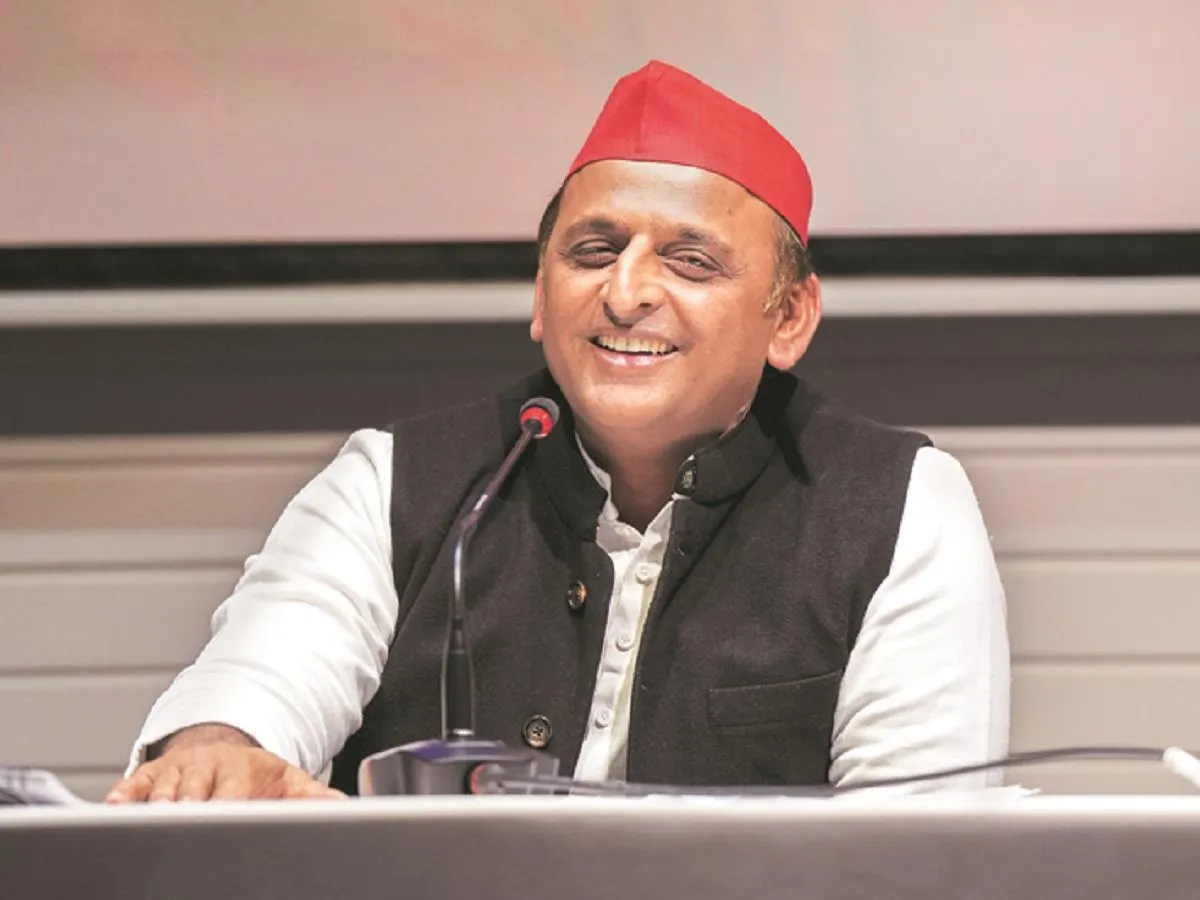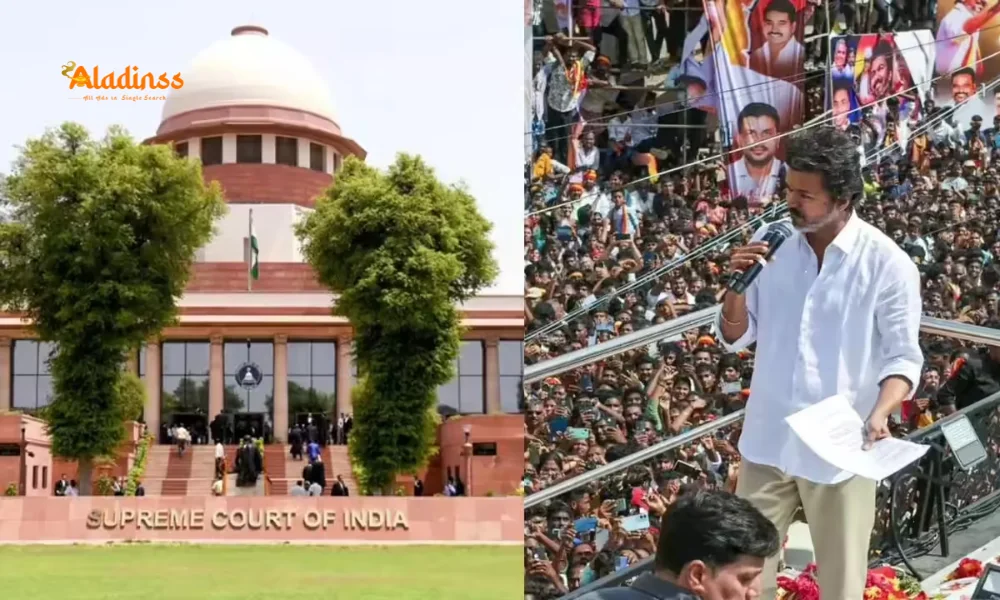SC Hears TVK Plea on Vijay Leadership in Karur Case
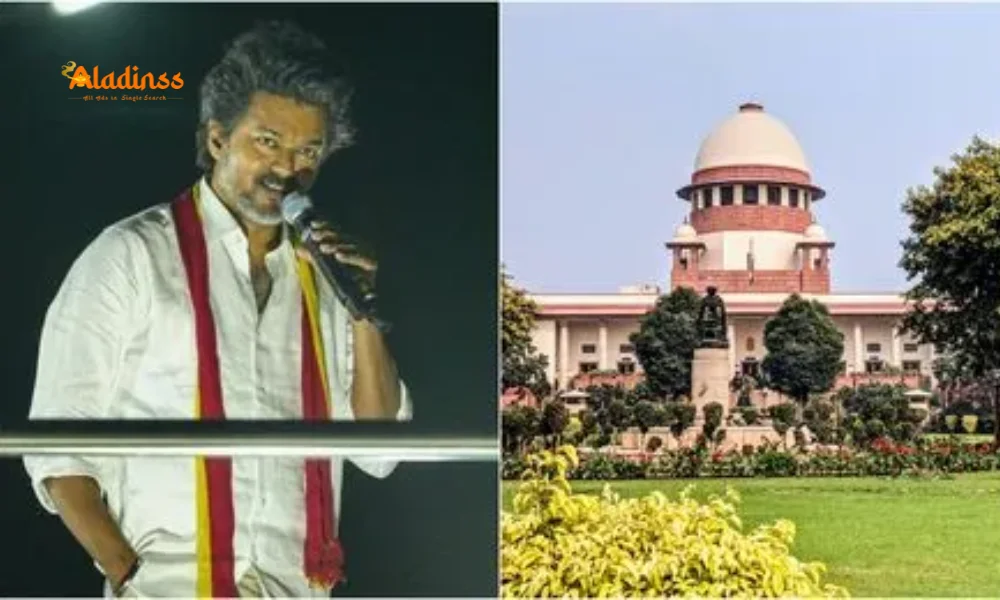
Supreme Court to Hear TVK Petition Challenging High Court Remarks on Vijay's Leadership in Karur Stampede Case
In a significant legal development following the tragic Karur stampede that claimed 41 lives on September 27, 2025, Tamilaga Vettri Kazhagam (TVK), led by actor-politician Vijay, has approached the Supreme Court seeking removal of Madras High Court observations questioning Vijay's leadership qualities. The petition, filed by TVK secretary Aadhav Arjuna, also demands an independent probe under a retired apex court judge's supervision into the incident at Vellore's rally site in Karur, alleging potential involvement of anti-social elements and police lapses. This move comes amid escalating scrutiny over the stampede at Vijay's TVK rally, where overcrowding-nearly 27,000 attendees against an expected 10,000-led to chaos, exacerbated by a seven-hour delay in Vijay's arrival. The Supreme Court, headed by Chief Justice B.R. Gavai, has scheduled the hearing for October 10, alongside related pleas for CBI investigation into the Karur stampede tragedy.
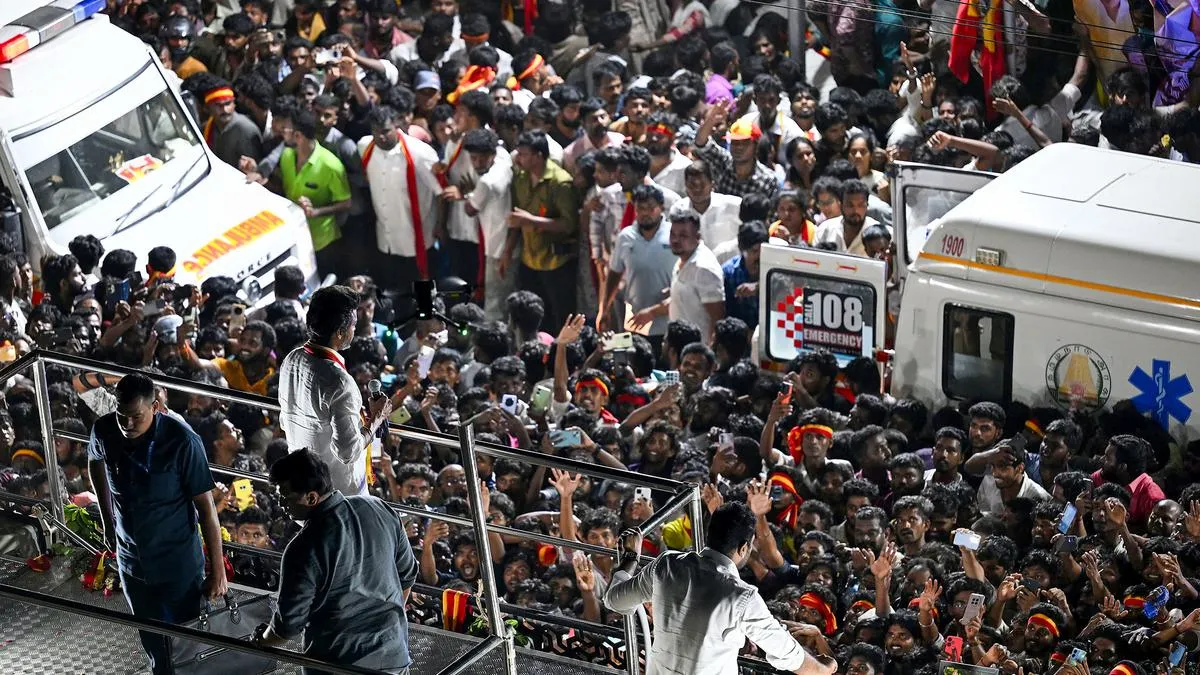
Background of the Karur Stampede: A Tragic Turn at Vijay's Rally
The Karur stampede unfolded during a high-profile TVK rally in Vellore district, intended to galvanize support for Vijay's emerging political foray. What began as an enthusiastic gathering spiraled into disaster when impatient crowds surged forward amid rumors of Vijay's delayed arrival, resulting in a deadly crush that killed 41 individuals, including women and children, and injured over 60 others. Eyewitness accounts and police reports point to inadequate crowd management, power outages, and poor coordination between event organizers and local authorities as key contributors to the Vijay rally stampede.
- Attendance Surge: Over 27,000 people far exceeded the permitted 10,000 capacity.
- Delay Factor: Vijay's seven-hour postponement heightened tensions among supporters.
- Immediate Response: TVK claims swift medical aid was provided, countering narratives of abandonment.
- Aftermath Toll: 41 fatalities, with the state offering Rs 10 lakh ex-gratia and Vijay personally contributing Rs 20 lakh per family.
This incident has thrust Vijay's nascent TVK party into a maelstrom of legal and political debates, highlighting vulnerabilities in managing large-scale political events in Tamil Nadu's charged electoral landscape.
High Court Criticism Sparks TVK's Supreme Court Challenge
The Madras High Court's October 3 order, delivered by Justice Senthilkumar Ramamoorthy, not only formed a Special Investigation Team (SIT) led by IG Asra Garg but also lambasted TVK's handling of the event. The court remarked on Vijay's alleged flight from the scene, the party's lack of remorse on social media, and an overall deficiency in leadership accountability, stating it reflected a "disregard for human life." These observations, TVK argues, are prejudicial and taint the ongoing probe, especially since the High Court itself voiced doubts over state police impartiality.
TVK's petition vehemently contests these claims, asserting that leaders and cadres promptly coordinated relief efforts despite a police baton charge that hindered access to victims. It further alleges the stampede may stem from a deliberate conspiracy involving anti-social forces, necessitating an unbiased inquiry beyond state machinery. The plea underscores the High Court's directive banning public meetings on highways without SOPs, positioning TVK's appeal as a quest for judicial equity in the Karur stampede investigation.
Parallel Pleas: BJP's Demand for CBI Probe and Enhanced Compensation
Adding layers to the legal fray, BJP advocate G.S. Mani has filed a separate petition urging a CBI-led investigation into the Karur tragedy, framing it as a politically motivated vendetta. The plea implicates the district administration, police, electricity board, and event planners, calling for FIRs against all involved parties. It also seeks escalated compensation-Rs 50 lakh from the state and Rs 1 crore each from Vijay and TVK-surpassing the current Rs 10 lakh state aid and Vijay's Rs 20 lakh personal donations.
- Political Angle: BJP alleges deliberate sabotage to undermine Vijay's rising influence.
- Accountability Push: Demands comprehensive FIRs covering administrative lapses.
- Victim Support: Higher ex-gratia to reflect the scale of loss in the stampede.
- CBI Rationale: Ensures neutrality, given state police's contested role.
This BJP petition, challenging the Madurai High Court's rejection of a CBI transfer, aligns with a third appeal from a victim's father, consolidating multiple calls for federal oversight in the Vijay Karur stampede case.
Legal Hurdles: Bail Denials and DGP's Conditional Permissions
Compounding TVK's challenges, the Karur sessions court rejected bail for party secretary Paunraj, arrested for harboring fugitive district secretary Mathiyazhagan linked to the incident. The judge cited the SIT probe's nascent stage, emphasizing the need for uninterrupted investigation into sheltering allegations amid the broader Karur stampede probe.
On Vijay's request to personally console bereaved families, DGP Shankar Jiwal mandated appointing a representative to liaise with Karur SP, submitting detailed event logistics-including date, venue, route, and security protocols-for approval. This cautious nod reflects heightened sensitivities post-tragedy, balancing public mourning with preventive measures against recurrence.
Security Scrutiny and Broader Implications for Political Rallies
In response to flagged irregularities in rally security, CRPF officials conducted a thorough inspection of Vijay's Neelankarai residence in Chennai, underscoring the actor-politician's elevated threat profile amid TVK's ascent. This follows TVK's formal submission to the DGP for Vijay's secure Karur visit, highlighting the interplay of personal safety and political outreach in the stampede's shadow.
The unfolding saga raises pressing questions on rally safety protocols in Tamil Nadu, where the High Court's SOP mandate on highways aims to avert future Vijay stampede-like disasters. Experts advocate integrated crowd analytics, real-time monitoring, and inter-agency drills to safeguard democratic expressions without compromising lives. As petitions converge in the Supreme Court, the October 10 hearing could redefine accountability in political tragedies, potentially influencing Vijay's TVK trajectory and Tamil Nadu's event governance.
TVK's resilience shines through its proactive legal stance, while opposition voices amplify calls for transparency. The Karur incident, though devastating, may catalyze reforms ensuring safer platforms for emerging leaders like Vijay, fostering a more accountable political ecosystem in South India.
Path Forward: Anticipating Supreme Court's Verdict
With the apex court poised to adjudicate intertwined pleas, stakeholders await clarity on probe modalities and remedial measures. TVK's push for an independent inquiry not only defends Vijay's leadership but also seeks justice for victims, potentially bridging partisan divides. As Tamil Nadu navigates this crisis, the focus remains on honoring the lost while fortifying safeguards for vibrant public discourse.
Comment / Reply From
No comments yet. Be the first to comment!
